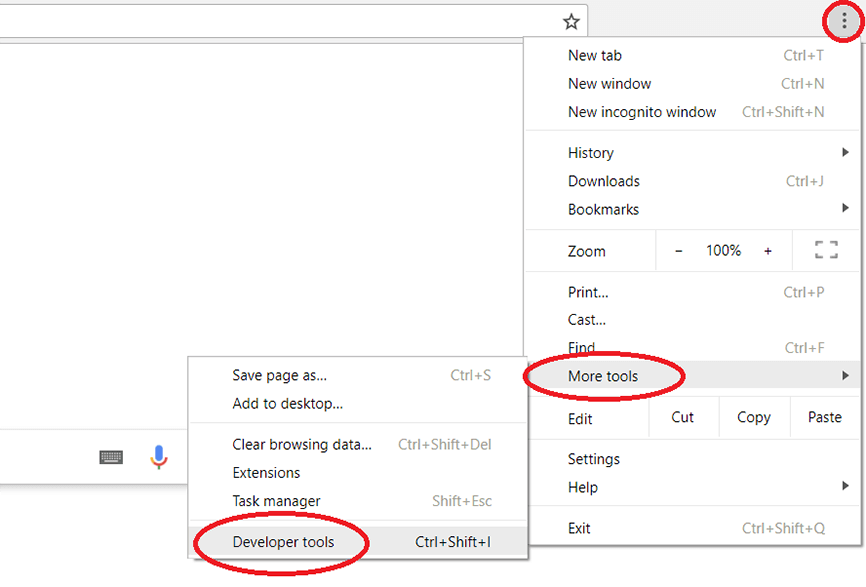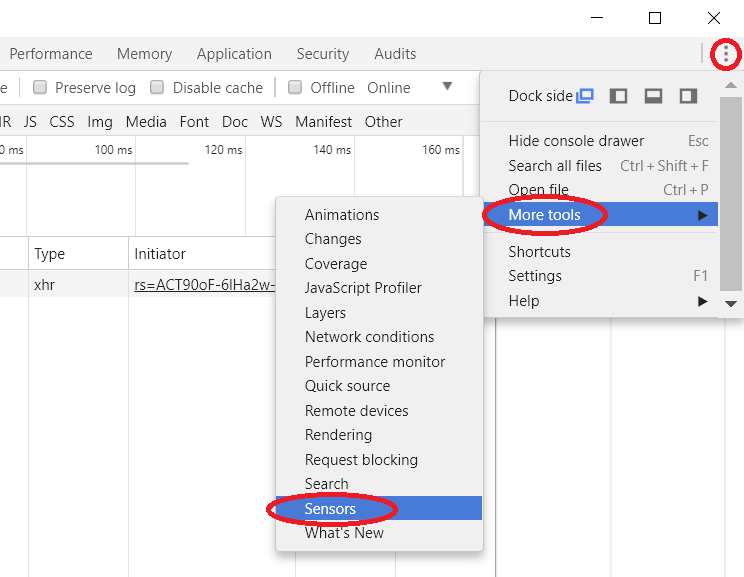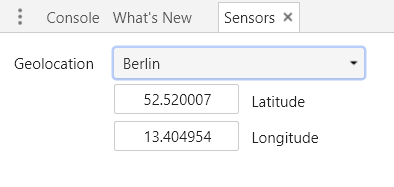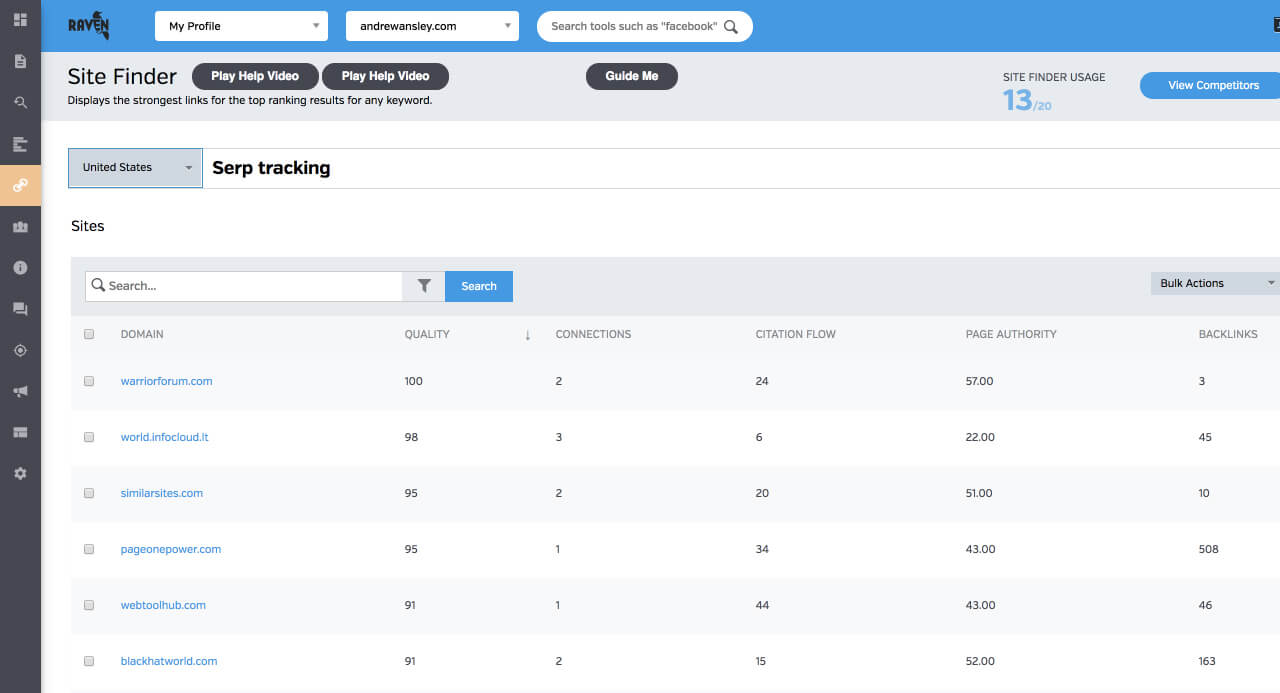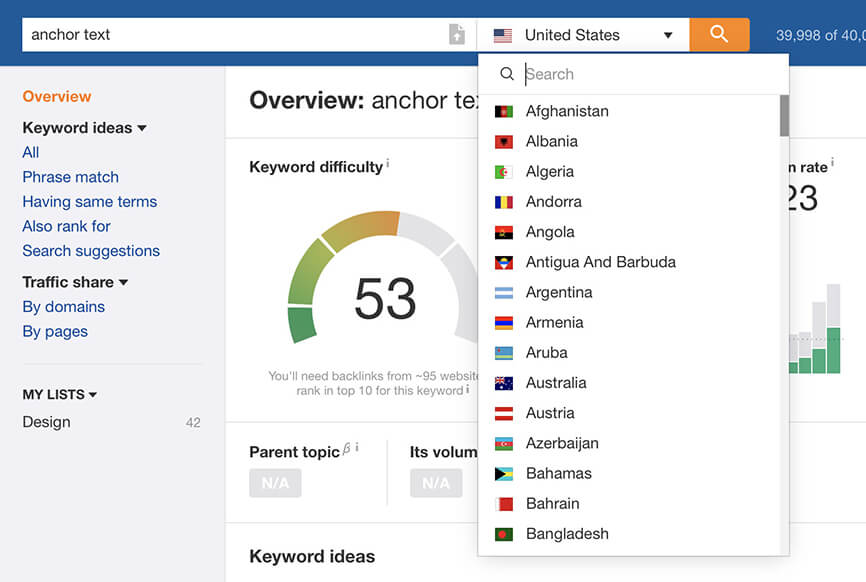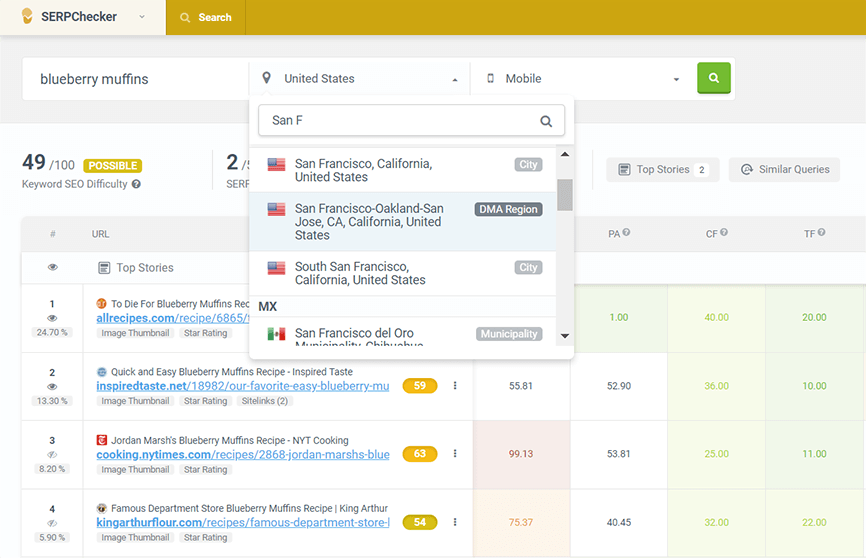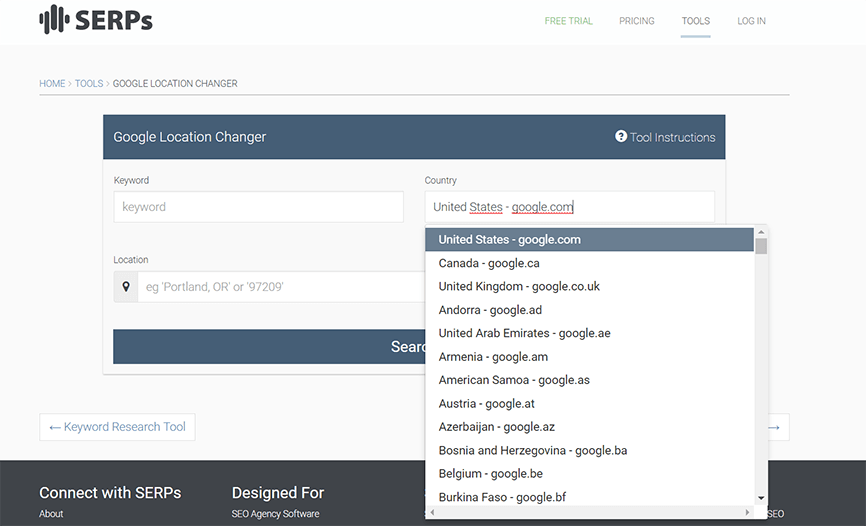So, it’s been over a year since Google announced they changed the way local results are produced, yet I keep seeing SEOs from all around the world asking the same question over and over again – “which methods are available to check local SERPS?” Perhaps this article will shed some light on the issue so people can stop thinking about their local ranks for a second and start focusing on their on-page SEO for a change. Let’s just hope these methods below are going to still work in 2019, 2020, 2021 and so on.
The problem
Localized results are available since 2004 [maybe even before, but that’s when Google Local was born]. Traditionally they personalized search results based on the IP address and other factors, but the “country service” was indicated by the domain name (google.com for USA, google.de for Germany, google.ro for Romania etc.). By using a private (incognito) browsing window and switching the “country code top level domain” (ccTLD) it was possible to see results quite similar to those in the desired location, on a country level.
However, this isn’t possible anymore. The updated algorithm uses your current location to decide the country service, therefore, you can only see results that are generated for the location you are in. When you are in Germany, you’ll see results for this country but if you travel to Canada, the search results will be based on the Canadian country service.
From the user’s point of view, it’s a great improvement. Perhaps everyone experienced irrelevant search results when traveling. But just in case you’re submitting the search query with the intention to see results from a different country or the search term itself is spelled identically in more languages, the new location-based algorithm may give you a hard time.
And that’s not the end of it – what if you need to check your ranks in different cities across a few countries? Or even just one. Maybe you own a chain of electronic equipment stores? Pizzerias? Flower shops?
So what are SEOs supposed to do? Are we supposed to optimize websites with our eyes closed? It’s a real pain in the neck. We need to see SERPs for specific locations for our local SEO efforts, keyword research, and competitor analysis. For a few months, it was almost impossible to check SERPs for specific locations directly in Google search. Luckily we found a few methods and workarounds you can use to overcome this problem. Let’s dive right in.
Tips to get localized results
I’ll start with various techniques which will (more or less) enable you to check search results for your target locations.
GPS coordinates
This takes a bit of digging in Google Chrome. It’s an advanced method but you’ll be able to simulate any desired location by setting GPS coordinates or using the location presets.
How to use it?
- Open an incognito window in Google Chrome and go to google.com.
- Submit your search query as usually.
- Once the SERP loads, open the developer tools by clicking on the three dots menu in the top right corner.
- Hover to “More tools” and then select “Developer tools”.
- Over here, click on the three dots menu again, hover to “More tools” and click on “Sensors”.
- Over here, click on the three dots menu again, hover to “More tools” and click on “Sensors”.
- Select the location from the presets or enter the GPS coordinates.
- Scroll to the bottom of the SERP and click on “Update location” and refresh the window.
Things to keep in mind:
- This method works in Google Chrome
- Make sure to allow Chrome to use your current location and/or refresh the page after you set the location in the Developer tools
Proxy or VPN
Both Proxy and VPN connect you to a remote computer and change your IP. However, there are differences between the two.
Proxies hide your IP address by using a server in a different location so you appear as you are connected from it. If you are located in the US and connect to a German proxy and then open a website, you will be counted as you are accessing it from Germany.
VPN (virtual private network) captures your whole internet connection, not only browser’s data. It means all traffic from your device is sent via the VPN server. On top of that, the connection between your device and the server is encrypted.
Including a guide on how to set up the proxy in all browsers and how to use special software for using proxy servers and VPNs would be a total TL;DR. Instead, I googled for an easy-to-read and detailed guide at the same time and managed to find the guide by Distilled.
Things to keep in mind:
- Don’t use free/open/public proxy servers because there are security risks and vulnerabilities. Use reliable proxy providers with servers in different locations so you can get as many local SERPs as possible
- Don’t access SEO tools while using proxy or VPN, you are likely to be blocked
- VPN connections are encrypted between your device and VPN server while proxies aren’t at all
Tools to get localized results
This is the most comfortable way. You don’t need to do anything special, neither to have technical knowledge. These tools are able to simulate locations and generate quite accurate search results and usually provide a lot of other useful features for SERP analysis.
There are many tools on the market such as Site Finder by Raven Tools, SERP Checker by Ahrefs, or Google Location Changer by SERPs. The first three mentioned are very sophisticated in terms of local SERP analysis. There are many useful insights and SEO metrics on which you can base the whole analysis.
Site Finder by Raven Tools (forgive the little self-promotion): The site finder tool categorizes the results by Moz DA, backlinks, and Majestic authority metrics, but gives you the ability to filter based on whatever is ranking in the top 10. Click the location tab to change the location of your search.
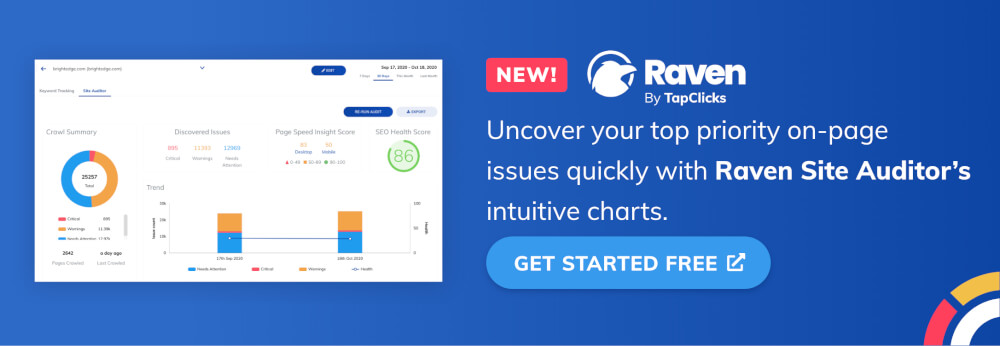


SERP Checker by Mangools:
Google Location Changer by SERPs:
Conclusion
The goal of Google updates is to make search results more personalized and as relevant as possible to the users. The point of SEO is to become the major part of these results so being able to analyze local SERPs is an inevitable part of it.
How about you? Are you a technical person using advanced techniques in browsers, dealing with proxies, VPNs or do you rather use specialized tools generating local SERPs?
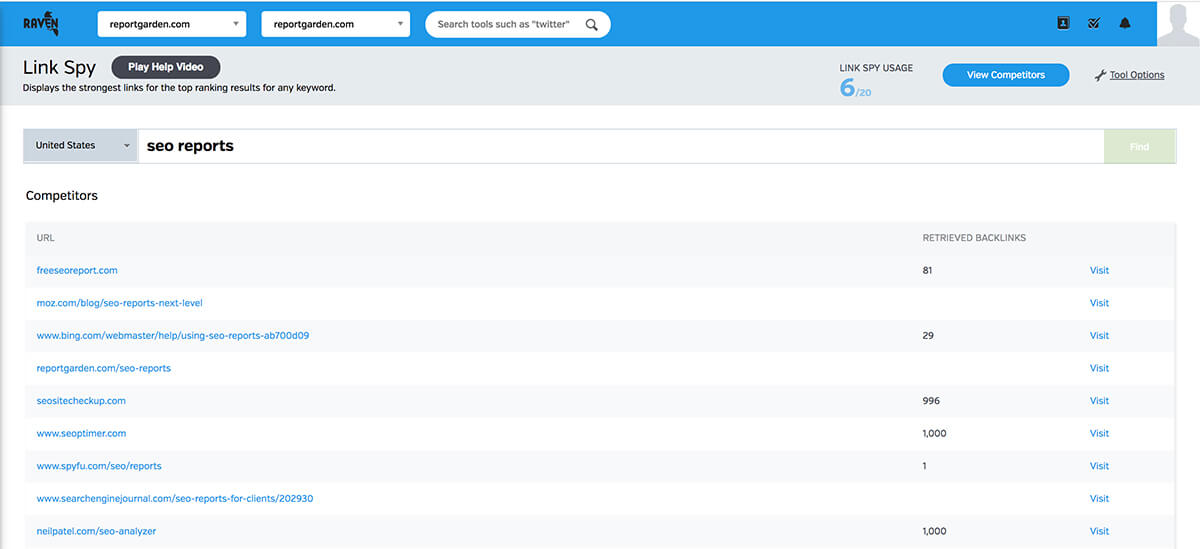
Link Spy helps you find top-quality links based on those websites that are already ranking for your focus keywords.




